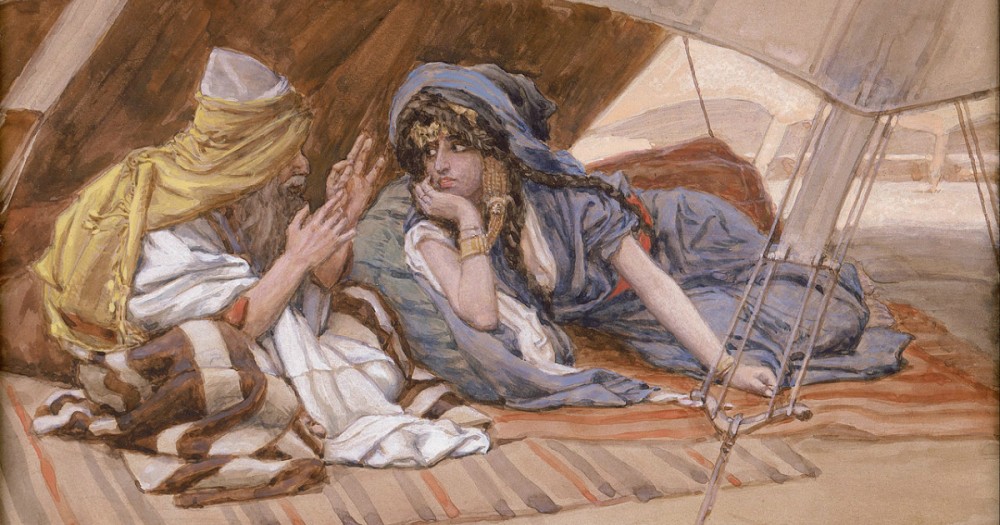Abraham broke the law, crossing borders and trafficking his wife
Why do we forgive him so much more easily than migrants today?

Most of us are not accustomed to thinking of Abraham as an immigrant, let alone a criminal one. However, Genesis introduces us to Abram (whose name will later change to Abraham) just as God is asking him to migrate to the land of Canaan (Gen. 12:1). In just a few verses the nomadic Abram finds himself amid a famine, which drives him to migrate again to find sustenance in what would become the preferred destination for the hungry: Egypt. “Abram went down toward Egypt to live as an immigrant since the famine was so severe in the land” (12:10, CEB).
The climate in the ancient world of the Near East fluctuated greatly, thanks to its location between the Mediterranean Sea and the Arabian Desert. The semiarid land was unpredictable for those who depended on it to produce food, like the nomads who fill the pages of Genesis. But ancient Egypt had no such problems. The Nile and its fertile delta and riverbanks provided abundantly for inhabitants and drew small bands of immigrants like Abram and his family.
Abram does not have permission from the authorities to enter Egypt. But he and his family seek only to find sustenance and a livelihood. They do not intend harm to the people upon whose land they trespass.




